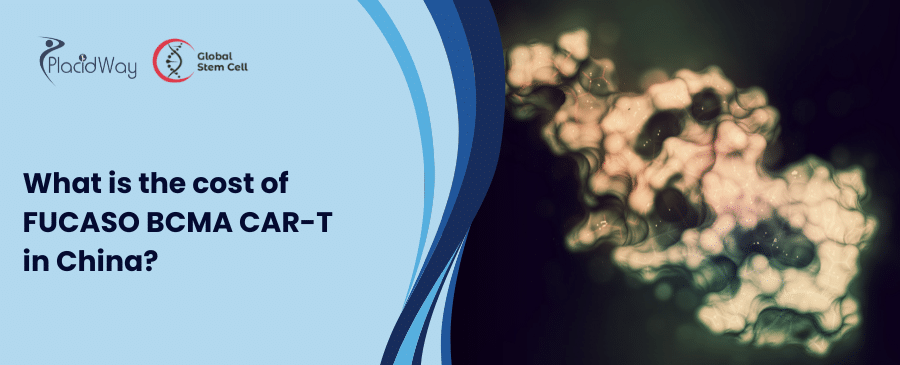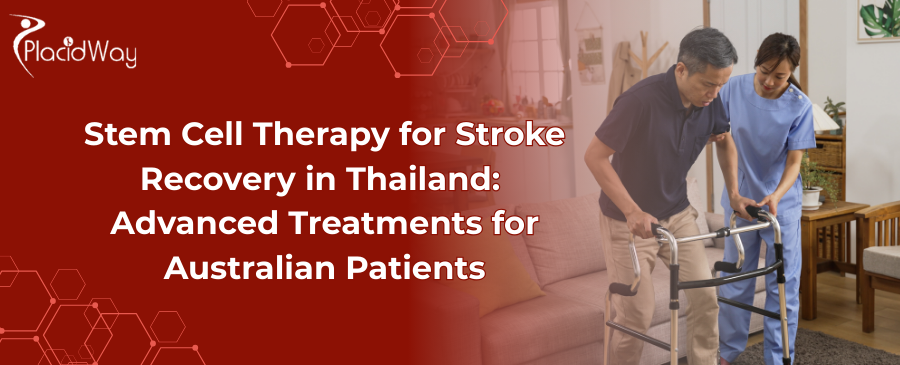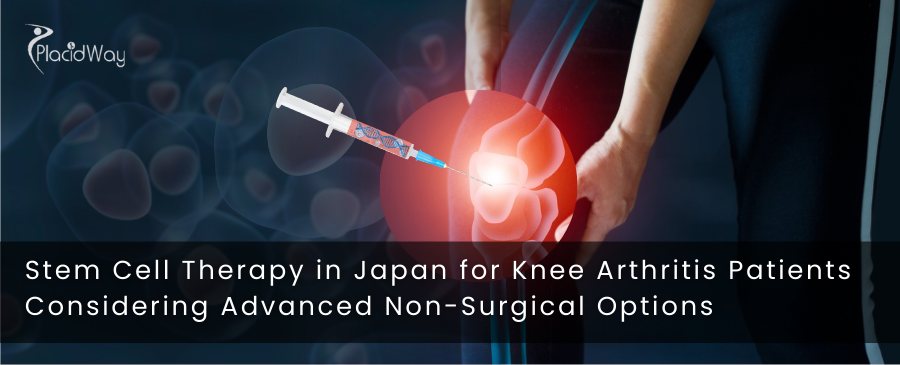China is rapidly becoming a global leader in advanced medical treatments, particularly in the field of CAR-T cell therapy. For those seeking cutting-edge cancer care, understanding the cost of FUCASO BCMA CAR-T in China is a critical first step. This innovative therapy offers new hope for patients with multiple myeloma, and its availability in China at a more accessible price point is a significant development. In this blog, we’ll break down everything you need to know about the cost and what that investment entails, providing clear answers to the most pressing questions.
What is FUCASO BCMA CAR-T Therapy?
“FUCASO, also known as Equecabtagene Autoleucel, is a brand of BCMA-targeting CAR-T cell therapy used to treat relapsed or refractory multiple myeloma. It is a personalized immunotherapy that modifies a patient’s own T-cells to recognize and attack cancer cells.”
FUCASO is a remarkable advancement in the fight against multiple myeloma, a type of blood cancer. The therapy works by collecting a patient’s T-cells, a type of white blood cell, and genetically engineering them in a lab. This engineering process equips the T-cells with Chimeric Antigen Receptors (CARs) that are specifically designed to target the B-cell maturation antigen (BCMA) present on the surface of myeloma cells.
Once these modified T-cells, now known as CAR-T cells, are infused back into the patient, they act as a “living drug,” actively seeking out and destroying cancer cells throughout the body. This targeted approach is what makes FUCASO BCMA CAR-T so effective, offering a powerful treatment option for patients who have not responded to other therapies.
What is the Approximate Cost of FUCASO BCMA CAR-T in China?
“The cost of FUCASO BCMA CAR-T in China is approximately 1,160,000 RMB, which is roughly equivalent to $160,000 USD. This price is significantly lower than similar treatments in Western countries.”
The price of CAR-T therapy can be a major barrier for many patients worldwide. In the United States and Europe, similar treatments can cost upwards of $400,000. China’s ability to offer this advanced therapy at a more affordable rate is due to several factors, including lower manufacturing costs, government support for biotechnology, and efficient clinical trial processes.
It’s important to note that this cost typically covers the manufacturing of the personalized CAR-T cells and the infusion itself. Additional expenses, such as pre-treatment evaluations, hospitalization, and post-treatment care, will also need to be factored into the overall cost of treatment.
What is a BCMA-targeting CAR-T cell?
“A BCMA-targeting CAR-T cell is a type of immunotherapy where a patient’s T-cells are genetically engineered to express Chimeric Antigen Receptors (CARs) that specifically target the B-cell maturation antigen (BCMA), a protein found on the surface of multiple myeloma cells.”
Think of your immune system’s T-cells as soldiers. In their natural state, they might not recognize cancer cells as a threat. CAR-T therapy gives these soldiers a new set of orders and advanced weaponry. The “BCMA-targeting” part is crucial; it’s like giving the soldiers a specific enemy to hunt.
This precision is what makes this therapy so powerful. Instead of a broad attack that can harm healthy cells (a common side effect of chemotherapy), BCMA CAR-T therapy is highly focused on the cancer cells, leading to potentially more effective outcomes with fewer side effects.
Who is Eligible for FUCASO BCMA CAR-T Therapy?
“Eligibility for FUCASO BCMA CAR-T therapy is typically for patients with relapsed or refractory multiple myeloma who have already undergone several lines of prior treatment, including a proteasome inhibitor and an immunomodulatory agent.”
This therapy is generally considered for patients who have exhausted other treatment options. The specific criteria for eligibility can vary, but they often include:
- A confirmed diagnosis of multiple myeloma.
- Having received and not responded to, or relapsed after, at least three prior lines of therapy.
- Meeting certain health requirements ensures the patient can tolerate the treatment process.
A thorough medical evaluation by the treatment center in China is necessary to determine if a patient is a suitable candidate for Fucaso.
What Does the FUCASO Treatment Process Involve?
“The FUCASO BCMA CAR-T treatment process involves several key steps: T-cell collection (leukapheresis), engineering and manufacturing of the CAR-T cells, pre-treatment chemotherapy (lymphodepletion), and the final infusion of the modified T-cells.”
The journey of receiving Fucaso is a carefully orchestrated process. It begins with leukapheresis, a procedure similar to donating blood, where the patient’s T-cells are collected. These cells are then sent to a specialized laboratory to be engineered, a process that can take a few weeks.
Before the CAR-T cell infusion, the patient undergoes a short course of chemotherapy called lymphodepletion. This prepares the body for the incoming CAR-T cells by reducing the number of existing lymphocytes, creating a more favorable environment for the new cells to thrive and expand. Finally, the engineered CAR-T cells are infused back into the patient’s bloodstream through an IV drip.
How Long is the Hospital Stay for CAR-T Therapy in China?
“Patients undergoing BCMA CAR-T therapy in China can typically expect a hospital stay of about 2 to 4 weeks. This allows the medical team to monitor for and manage any potential side effects.”
The initial period after the CAR-T cell infusion is the most critical. The medical team will closely watch for signs of cytokine release syndrome (CRS) and neurotoxicity, which are common but usually manageable side effects of the therapy.
The length of the hospital stay can vary depending on the individual patient’s response to the treatment and the severity of any side effects. After discharge, patients will need to stay near the treatment center for a period for follow-up appointments and continued monitoring.
What are the Success Rates of FUCASO BCMA CAR-T?
“Clinical trials for Fucaso (Equecabtagene Autoleucel) have shown high response rates in patients with relapsed or refractory multiple myeloma, with a significant percentage of patients achieving a complete response.”
The results from clinical studies have been very promising. The data indicates that a large majority of patients treated with Fucaso experience a significant reduction in their cancer. A “complete response” means that there is no detectable evidence of cancer after treatment.
These high success rates are a testament to the power of this targeted therapy. For patients who have been through multiple rounds of other treatments without success, Fucaso offers a new and potent option.
What are the Potential Side Effects of FUCASO Therapy?
“The most common side effects of FUCASO BCMA CAR-T therapy are Cytokine Release Syndrome (CRS) and Immune Effector Cell-Associated Neurotoxicity Syndrome (ICANS). These are typically temporary and manageable by the medical team.”
CRS is a systemic inflammatory response that can cause symptoms like fever, fatigue, and low blood pressure. ICANS can cause a range of neurological symptoms, including confusion, difficulty speaking, and tremors.
It’s important to understand that these side effects are signs that the CAR-T cells are working and the immune system is being activated. The medical teams at treatment centers in China are highly experienced in managing these side effects with supportive care and medications.
Is FUCASO the Same as Carvykti?
“No, FUCASO (Equecabtagene Autoleucel) and Carvykti (Cilta-cel) are different BCMA-targeting CAR-T cell therapies. While both target BCMA for multiple myeloma, they are developed by different companies and may have slight differences in their molecular structure and clinical trial data.”
Both Fucaso and Carvykti are at the forefront of CAR-T therapy for multiple myeloma and have shown excellent results. They represent a class of highly effective treatments that are changing the landscape of cancer care.
The availability of multiple BCMA CAR-T therapies is beneficial for patients, as it provides more options and can foster competition that may help to further reduce costs in the future.
Why is CAR-T Therapy Cheaper in China?
“CAR-T therapy is generally more affordable in China due to a combination of factors, including lower labor and manufacturing costs, government incentives for research and development, and a large patient pool for clinical trials, which streamlines the development process.”
The Chinese government has made biotechnology and innovative medical treatments a national priority, leading to significant investment and support for companies developing therapies like FUCASO BCMA CAR-T. This has created a competitive and efficient environment for development and manufacturing.
Furthermore, the cost of living and a different healthcare pricing structure contribute to the overall lower cost for patients. This makes China an attractive destination for medical tourists seeking access to these life-saving treatments without the prohibitive price tags seen in other parts of the world.
How Do I Find a Reputable Clinic for CAR-T in China?
“Finding a reputable clinic for CAR-T therapy in China involves researching internationally accredited hospitals, looking for centers with extensive experience in CAR-T treatments, and considering the use of a medical tourism facilitator to help navigate the options.”
It is crucial to choose a treatment center with a proven track record of safety and success. Look for hospitals that have:
- International accreditations (e.g., JCI).
- A dedicated hematology and oncology department.
- Published data on their CAR-T therapy outcomes.
- Experience in treating international patients.
Working with a trusted medical tourism partner can be invaluable in this process, as they can provide vetted options, assist with communication, and handle logistical arrangements.
What is the Future of BCMA CAR-T Therapy?
“The future of BCMA CAR-T therapy is incredibly bright, with ongoing research focused on improving safety, expanding its use to earlier lines of treatment, and developing ‘off-the-shelf’ allogeneic CAR-T therapies that do not require using the patient’s own cells.”
Researchers are continually working to make CAR-T therapy even better. One of the most exciting areas of development is allogeneic CAR-T, which would use T-cells from healthy donors. This could eliminate the waiting time for manufacturing and make the treatment more readily available.
As the technology evolves, it is expected that the cost of BCMA CAR-T will continue to become more accessible, and its application will broaden to treat a wider range of cancers and other diseases.
Embarking on a journey for advanced medical treatment abroad can be a significant decision. At PlacidWay, we are dedicated to helping you navigate your options with confidence. Explore our network of world-class healthcare providers in China and discover how you can access innovative treatments like FUCASO BCMA CAR-T therapy.






